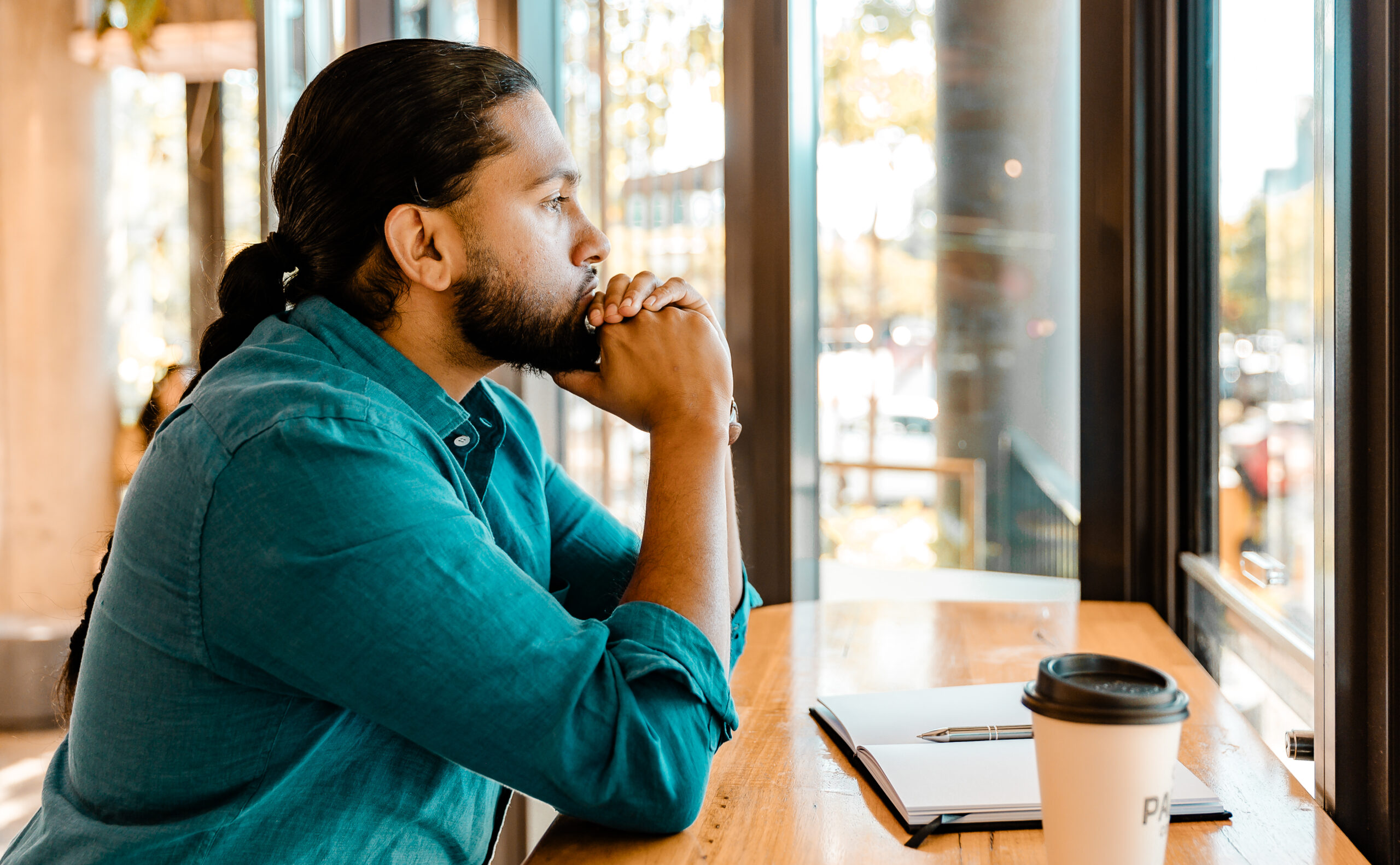We are fundamentally designed for human relationship; without it, we get sick, we numb, we ache, we hurt each other, and we hurt ourselves. The western world is finally coming to terms with the seriousness of this in recent times; i.e., the United States surgeon general stated that loneliness is equivalent to smoking fifteen cigarettes a day. There is a growing body of literature and attention on social connection and the impacts of isolation and loneliness.
Within indigenous perspectives, we understood that if a plant was wilted and we would like to support it back to life, we must assess and then amend its conditions; for example, the soil, nutrients, sunlight, the wildlife that has access to the plant and so on. This is in contrast of an allopathic analysis that might lead to the introduction of substances to support the plant back to life.


Recovery from psychological trauma, for example, only occurs within safe human relationship. One cannot recover from psychological trauma within a vacuum on their own; healing takes place relationally. All our indigenous ancestors collectively knew this, which is why our societies, traditions and protocols all centred around family and community.
In my practice, I have found that working within the relational context of a person’s life, is an incredibly effective method of supporting individuals and kin, with their symptoms of human suffering. I have witnessed profound change within a person’s life by including those in the therapeutic process that they identify as family.
— Brene Brown
© Lion Wellness 2023